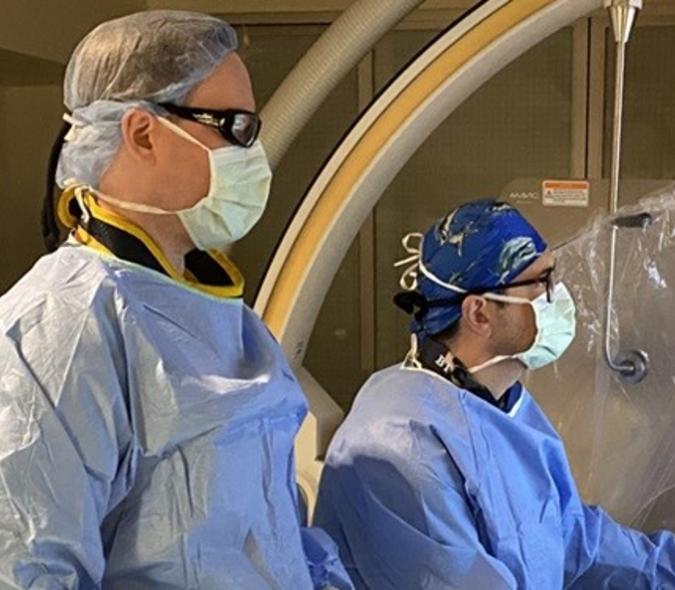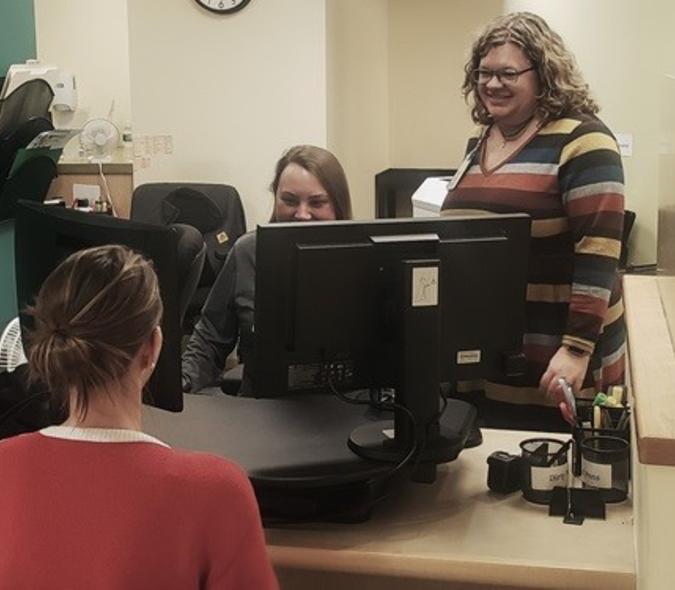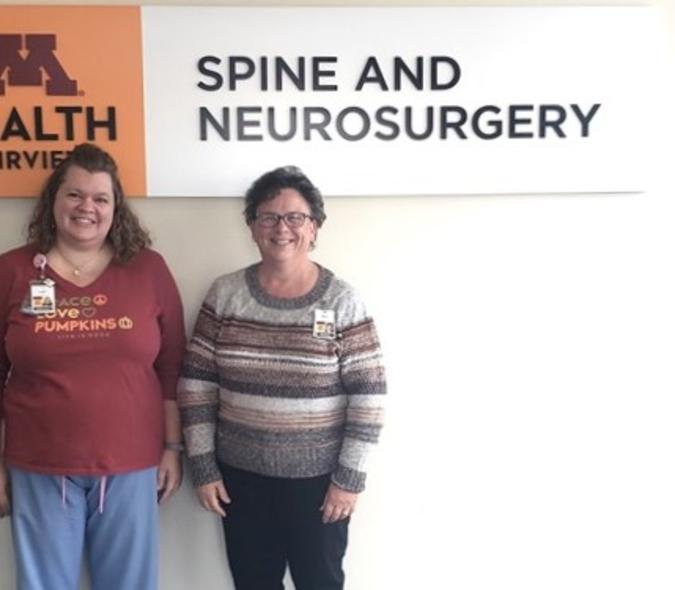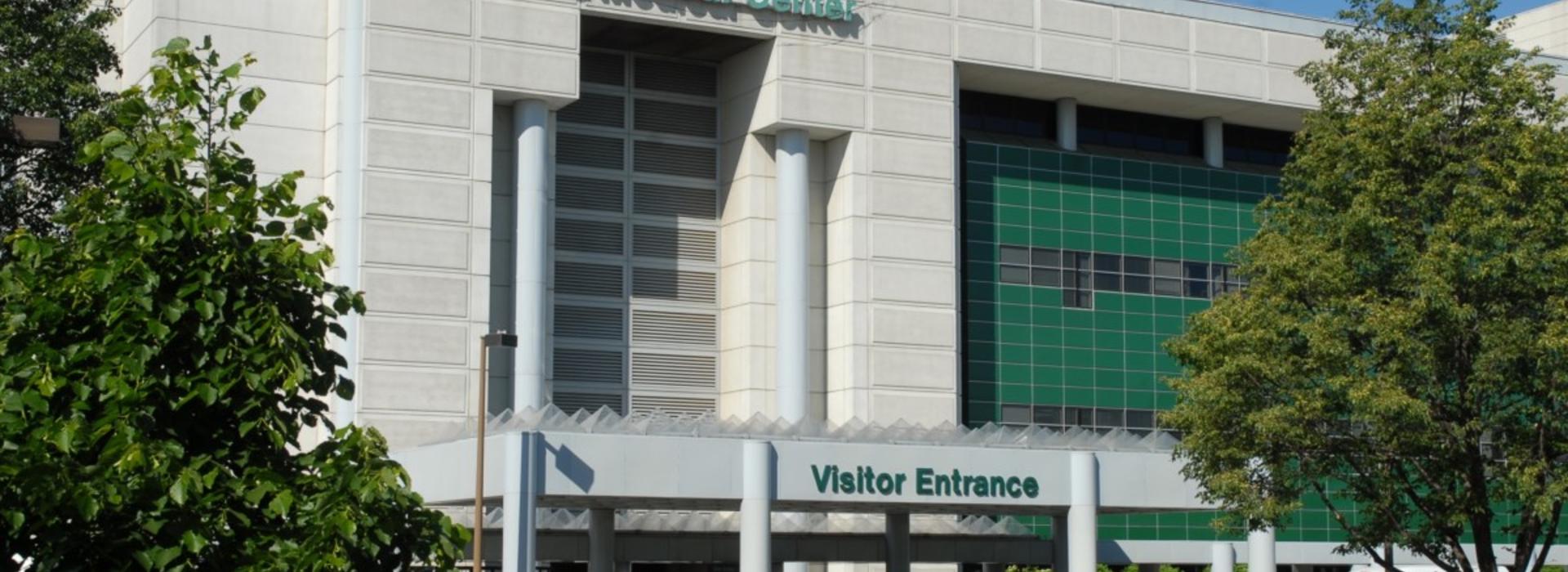
Minnesota veterans wanting deep brain stimulation for movement disorders get some good news
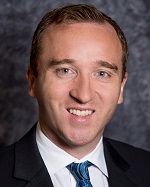
Imagine that you’re a veteran living in Minnesota. You have Parkinson’s Disease and are a good candidate for deep brain stimulation (DBS), which will help you combat your symptoms. But you must fly to San Francisco – twice. Once for the pre-surgical exam and another time for the procedure. “The VA pays for them and a family member to do this, but it’s not easy for Parkinson’s patients to go on these flights,” said neurosurgeon Robert McGovern, MD (pictured at left). “Their mobility is limited, making getting on and off the flight an ordeal. It’s a testament to these patients – and to deep brain stimulation’s ability to help them – that they are willing to do that.”
On November 6, 2019, Minnesota veterans got some good news. The Department of Veterans Affairs approved a clinical restructuring request to implement a deep brain stimulation program at the Minneapolis VA Health Care System. McGovern, who joined the Neurosurgery Department in July of 2018, is specially trained to perform deep brain stimulation procedures. He splits his time between the U of M and the VA and was a key reason why the VA approved this change.
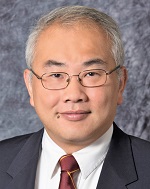
“The Department of Veterans Affairs sent a panel of experts to our VA hospital to examine resources and expertise,” noted Neurosurgery Department Head Clark C. Chen, MD, PhD (pictured at right). “The process was rigorous and challenging. The fact that we were able to demonstrate our capacity for doing DBS and Dr. McGovern’s expertise is something to be celebrated.”
Chief Neurosurgeon for the Minneapolis VA Health Care System, Cornelius Lam, MD, PhD (pictured below, left), noted, “It’s good for the VA because deep brain stimulation is no longer such an esoteric operation that it needs to be done at just a few centers in the nation. We do it frequently enough at the U that if we have the patient volume, we should set up a center here.”

McGovern will work collaboratively with University and VA neurologists to ensure that these patients receive the best possible care. In addition to Parkinson’s, the VA team will use DBS to treat other movement disorders, such as essential tremor and dystonia.
The next step in the process is to equip the VA with everything needed for these procedures. “We also want to train the OR and nursing staff on the procedure and required post-op care, as well as anesthesiologists because these patients are awake during the surgery,” explained McGovern. He believes the team might be able to see their first cases later this year.
“Our society thrives in large part due to the sacrifices of our veterans,” said Chen. “It’s a priority of the University and of our Department to serve their needs.”
